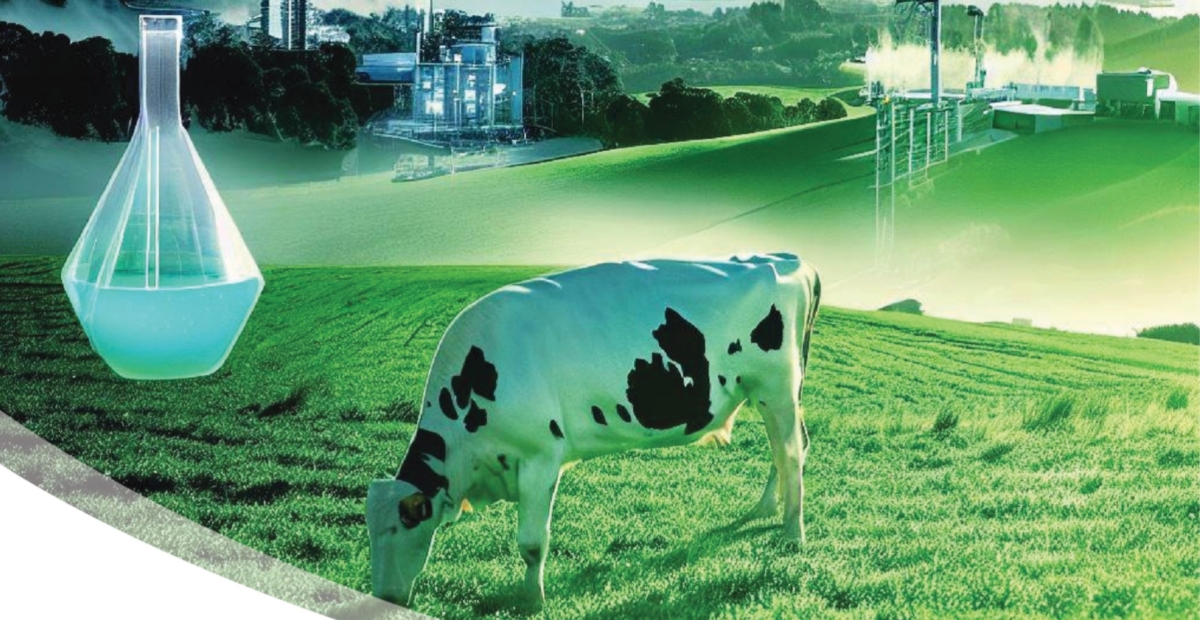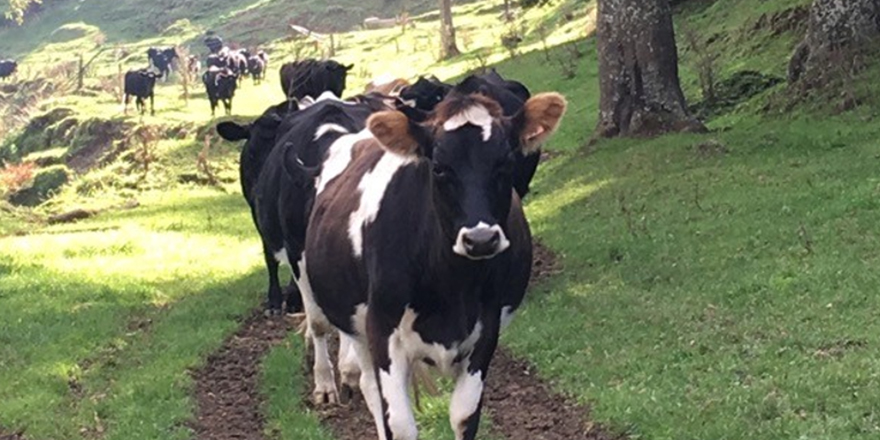
Executive summary
This report examines the potential of disruptive innovation and emerging technologies to enhance the sustainability and resilience of New Zealand’s sheep, beef, and dairy farming systems. It also explores the drivers, barriers, and impacts of technology adoption on farms. The report draws from peer-reviewed literature and semi-structured interviews with, industry representatives and scientists.
The main findings of the report are:
- New Zealand’s agricultural sector faces significant challenges in reducing its environmental impact, especially in terms of greenhouse gas emissions and nitrate leaching, while maintaining its economic viability and social acceptability.
- Disruptive innovation and emerging technologies can offer solutions to these challenges by improving farm productivity, efficiency, profitability, and environmental performance.
- The adoption of these technologies is influenced by various factors, such as cost, risk, regulation, consumer preferences, social norms, knowledge, skills, and infrastructure. These factors can act as drivers or barriers depending on the context and the stakeholder perspective.
- The impacts of technology adoption on farms can be positive or negative depending on the type, scale, and distribution of the technology.
To facilitate the transition to more sustainable and resilient farming systems through disruptive innovation and emerging technologies, the report recommends the following actions:
- The industry should foster a culture of innovation and collaboration among farmers, researchers, policymakers, businesses, and consumers to identify and address the needs and opportunities of the sector.
- The industry should invest in research and development to generate evidence-based knowledge and solutions that are relevant, accessible, and applicable to New Zealand’s farming context.
- The industry should provide farmers with education and extension services to increase their awareness, understanding, and skills in using new technologies and practices.
- The industry should engage with stakeholders and the public to communicate the benefits and challenges of technology adoption and to build trust and acceptance of new products and processes.
- The industry should advocate for supportive policies and regulations that enable innovation and technology adoption while ensuring environmental protection, animal welfare, food safety, and social justice.
This report aims to stimulate discussion among the policy, farming, academic, and wider communities to help shape a future that will safeguard New Zealand’s social, economic, and environmental well-being.
Kathryn Broomfield




